British firm drops Huawei: what does it mean for the Chinese tech giant?
Leaked memo reveals Arm’s staff were told to stop ‘all active contracts’ with Huawei
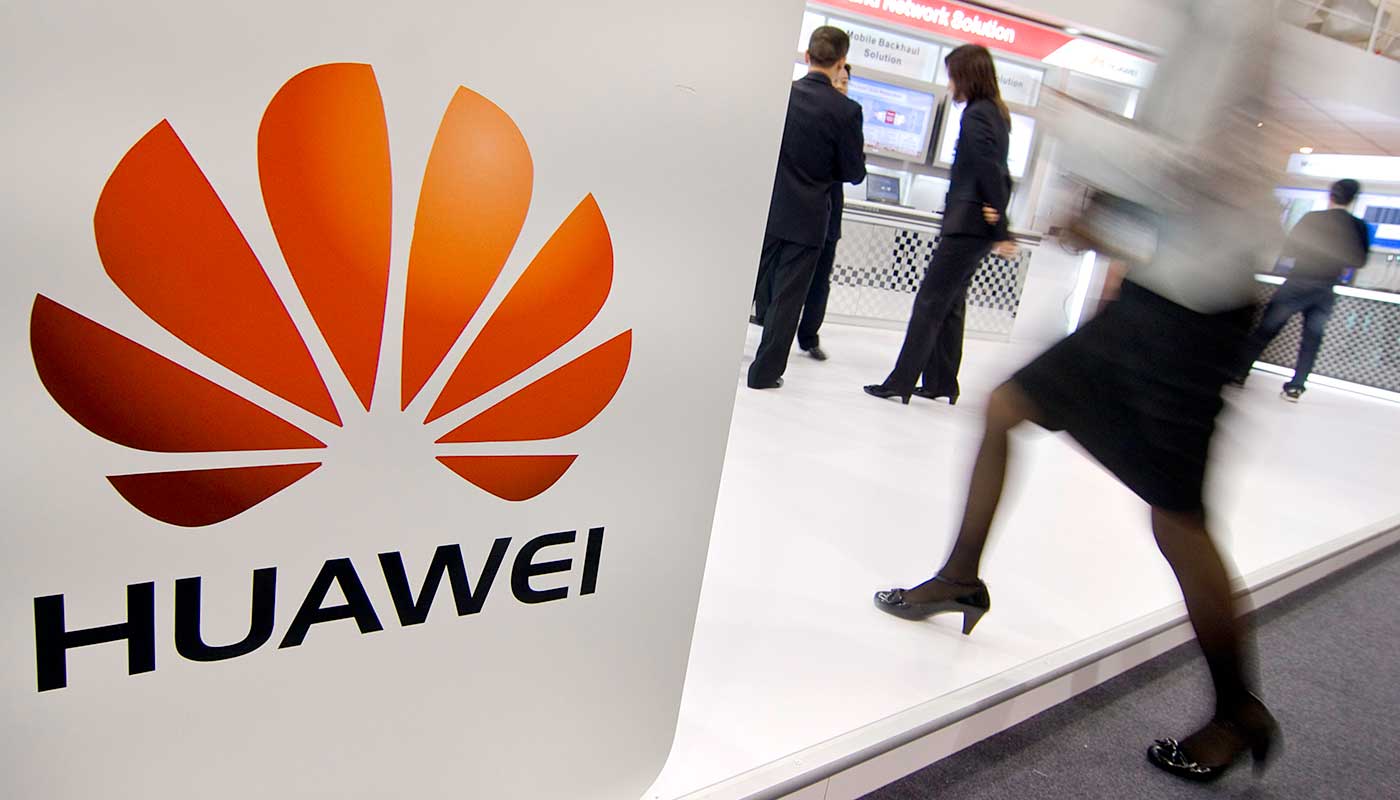
A free daily email with the biggest news stories of the day – and the best features from TheWeek.com
You are now subscribed
Your newsletter sign-up was successful
Huawei has been dealt another major blow as British chip designer Arm has reportedly severed its ties with the Chinese tech giant.
Leaked documents obtained by the BBC reveal that Arm executives instructed employees to cease “all active contracts, support entitlements, and any pending engagements” with Huawei and its subsidiaries.
Arm provides technology that underpins the core elements of Huawei’s smartphone processors, the broadcaster says.
The Week
Escape your echo chamber. Get the facts behind the news, plus analysis from multiple perspectives.

Sign up for The Week's Free Newsletters
From our morning news briefing to a weekly Good News Newsletter, get the best of The Week delivered directly to your inbox.
From our morning news briefing to a weekly Good News Newsletter, get the best of The Week delivered directly to your inbox.
However, the leaked internal memo says that the processors contain “US origin technology”, meaning Arm’s move to block Huawei results from Donald Trump’s recent executive order that bans US firms from working with tech companies from “foreign adversaries”.
A spokesperson from Arm told The Verge that the company is “complying with the latest restrictions set forth by the US government and is having ongoing conversations with the appropriate US government agencies to ensure we remain compliant”.
The move adds to the problems for Huawei. Following President Trump’s executive order last week, it was revealed that Google would revoke Huawei’s licence to use its Android mobile operating system.
The US has repeatedly claimed that Huawei “may be obliged to spy for Beijing and steal trade secrets”, allegations that the Chinese firm denies, The Daily Telegraph reports.
A free daily email with the biggest news stories of the day – and the best features from TheWeek.com
What is Arm?
Arm is a Cambridge-based tech firm specialising in the development of software and semiconductors, the technology that underpins a host of fundamental computer parts such as processors and graphics chips.
The company does not manufacture processors, but licenses its designs to third-party chipmakers, the BBC says.
Arm’s designs can be found in Samsung’s Exynos processor and the A11 chip found inside Apple’s smartphones, the broadcaster says. Fundamentally, though, the designs underpin Huawei’s Kirin mobile processors.
Some of Arm’s processors are designed in Austin, Texas, and San Jose, California, which “could place it under the US restrictions”, says The Verge. These are then licensed to HiSilicon, a Chinese chipmaker that builds Huawei’s Kirin processors.
How will the move affect Huawei?
“Losing access to Arm won’t cripple Huawei overnight, even in a worst-case scenario,” Wired claims. Without Arm’s licence, the Chinese firm will still be able to install its current Kirin 980 processors into its phones.
But Huawei’s smartphones will be “frozen in time” if the company is unable to lift the ban, the tech news site says. While Huawei is capable of creating its own processors, it’s a “costly” and “time-intensive process” that could result in it slipping behind key rivals in the market.
Huawei, though, believes it can rectify its issues with the US government.
Following the BBC’s report, a Huawei spokesperson said: “We value our close relationships with our partners, but recognise the pressure some of them are under, as a result of politically motivated decisions.
“We are confident this regrettable situation can be resolved and our priority remains to continue to deliver world-class technology and products to our customers around the world.”
-
 How the FCC’s ‘equal time’ rule works
How the FCC’s ‘equal time’ rule worksIn the Spotlight The law is at the heart of the Colbert-CBS conflict
-
 What is the endgame in the DHS shutdown?
What is the endgame in the DHS shutdown?Today’s Big Question Democrats want to rein in ICE’s immigration crackdown
-
 ‘Poor time management isn’t just an inconvenience’
‘Poor time management isn’t just an inconvenience’Instant Opinion Opinion, comment and editorials of the day
-
 Will AI kill the smartphone?
Will AI kill the smartphone?In The Spotlight OpenAI and Meta want to unseat the ‘Lennon and McCartney’ of the gadget era
-
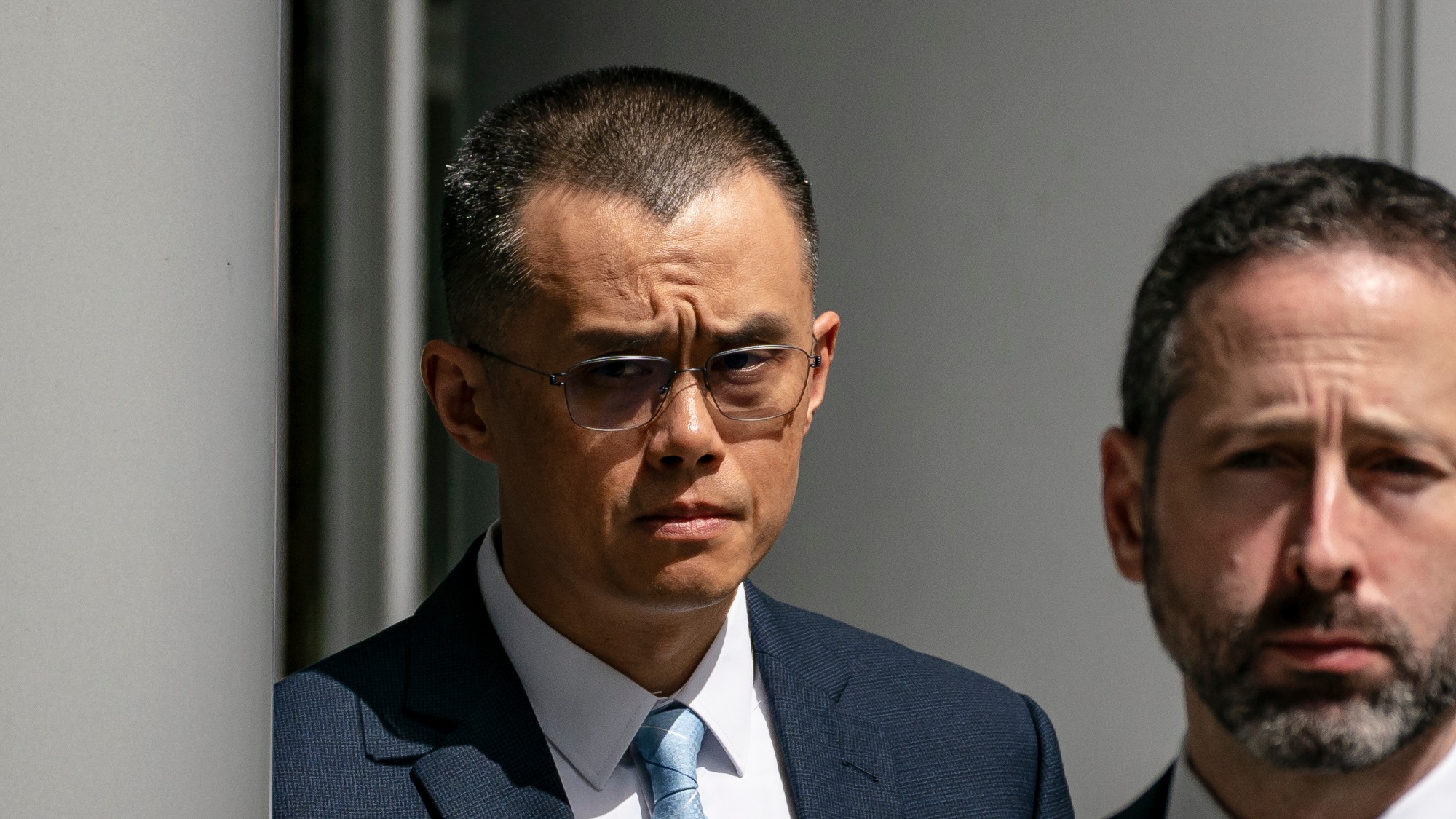 Why Trump pardoned crypto criminal Changpeng Zhao
Why Trump pardoned crypto criminal Changpeng ZhaoIn the Spotlight Binance founder’s tactical pardon shows recklessness is rewarded by the Trump White House
-
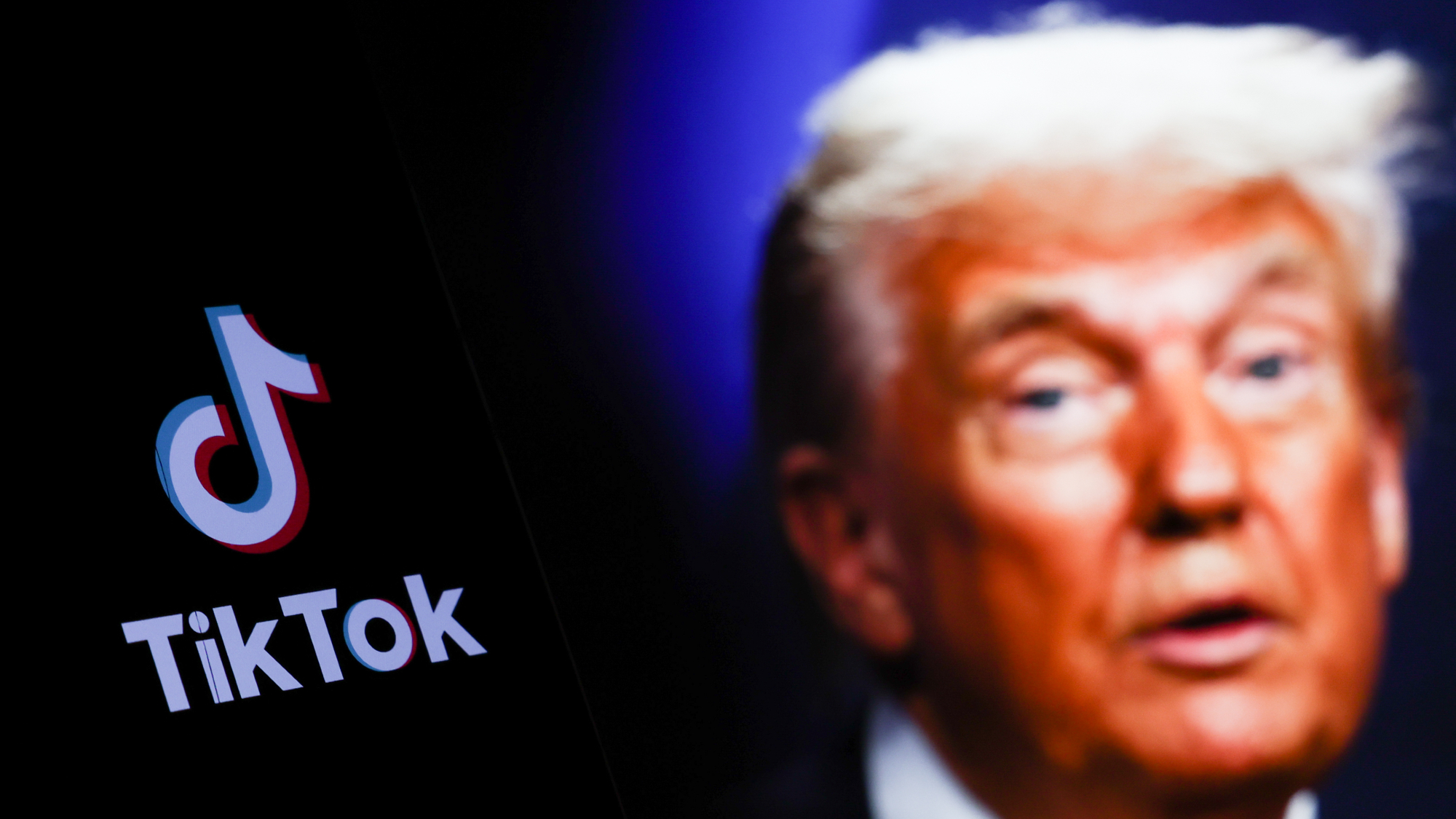 Trump allies reportedly poised to buy TikTok
Trump allies reportedly poised to buy TikTokSpeed Read Under the deal, U.S. companies would own about 80% of the company
-
 The noise of Bitcoin mining is driving Americans crazy
The noise of Bitcoin mining is driving Americans crazyUnder the Radar Constant hum of fans that cool data-centre computers is turning residents against Trump's pro-cryptocurrency agenda
-
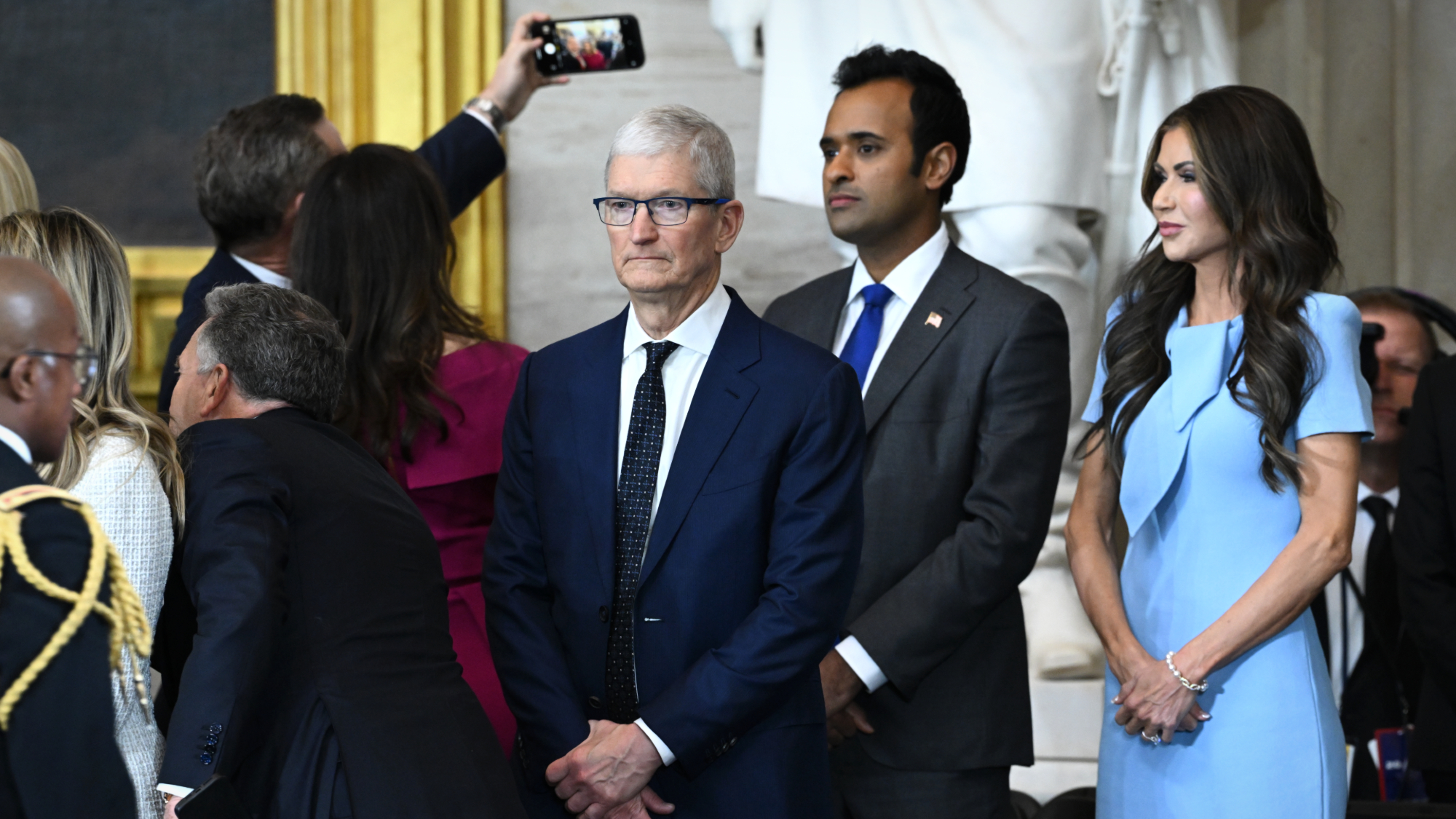 Apple pledges $500B in US spending over 4 years
Apple pledges $500B in US spending over 4 yearsSpeed Read This is a win for Trump, who has pushed to move manufacturing back to the US
-
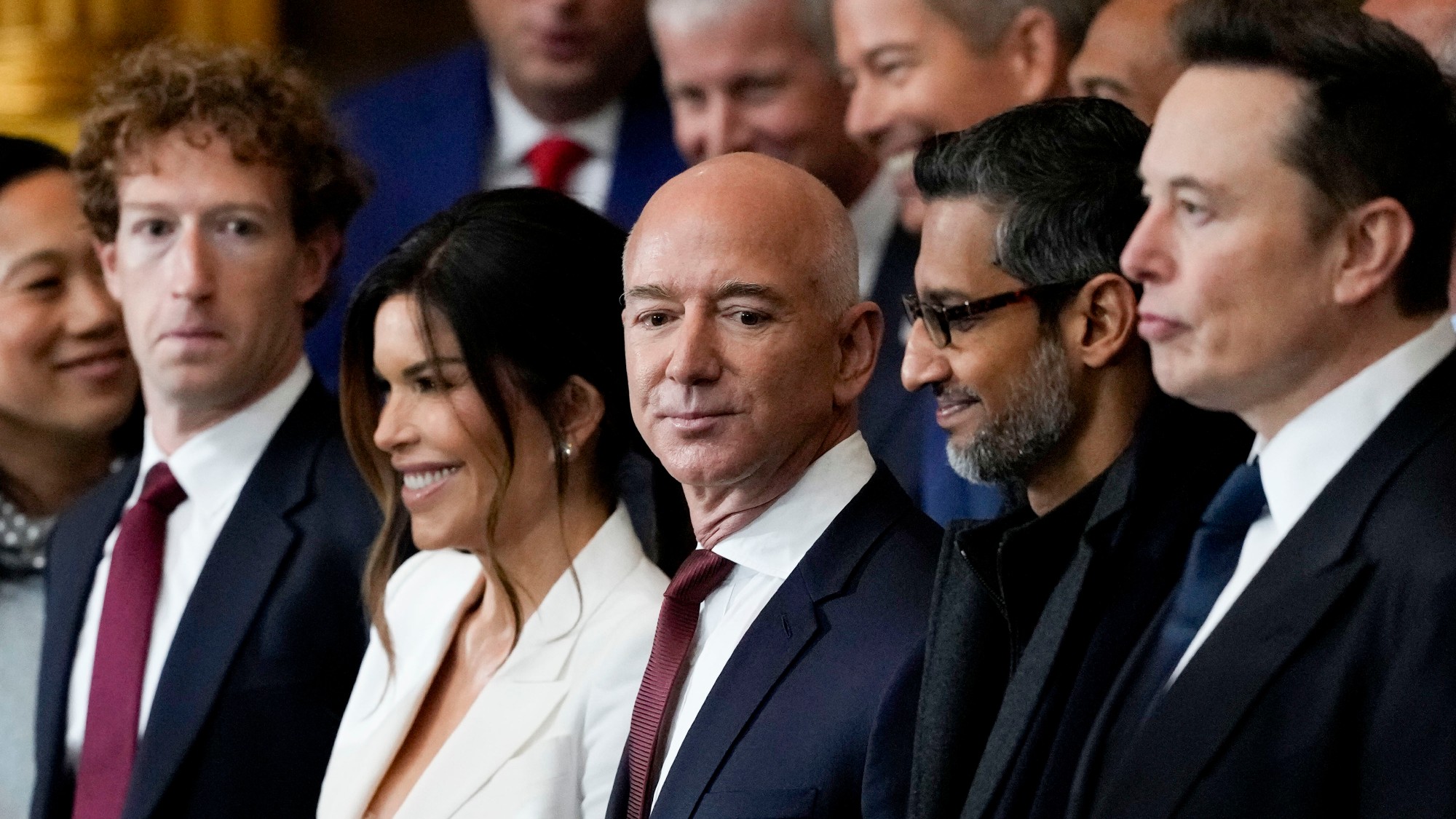 What Trump's 'tech bros' want
What Trump's 'tech bros' wantThe Explainer Elon Musk, Mark Zuckerberg and Jeff Bezos had 'prime seats' at the president's inauguration. What are they looking to gain from Trump 2.0?
-
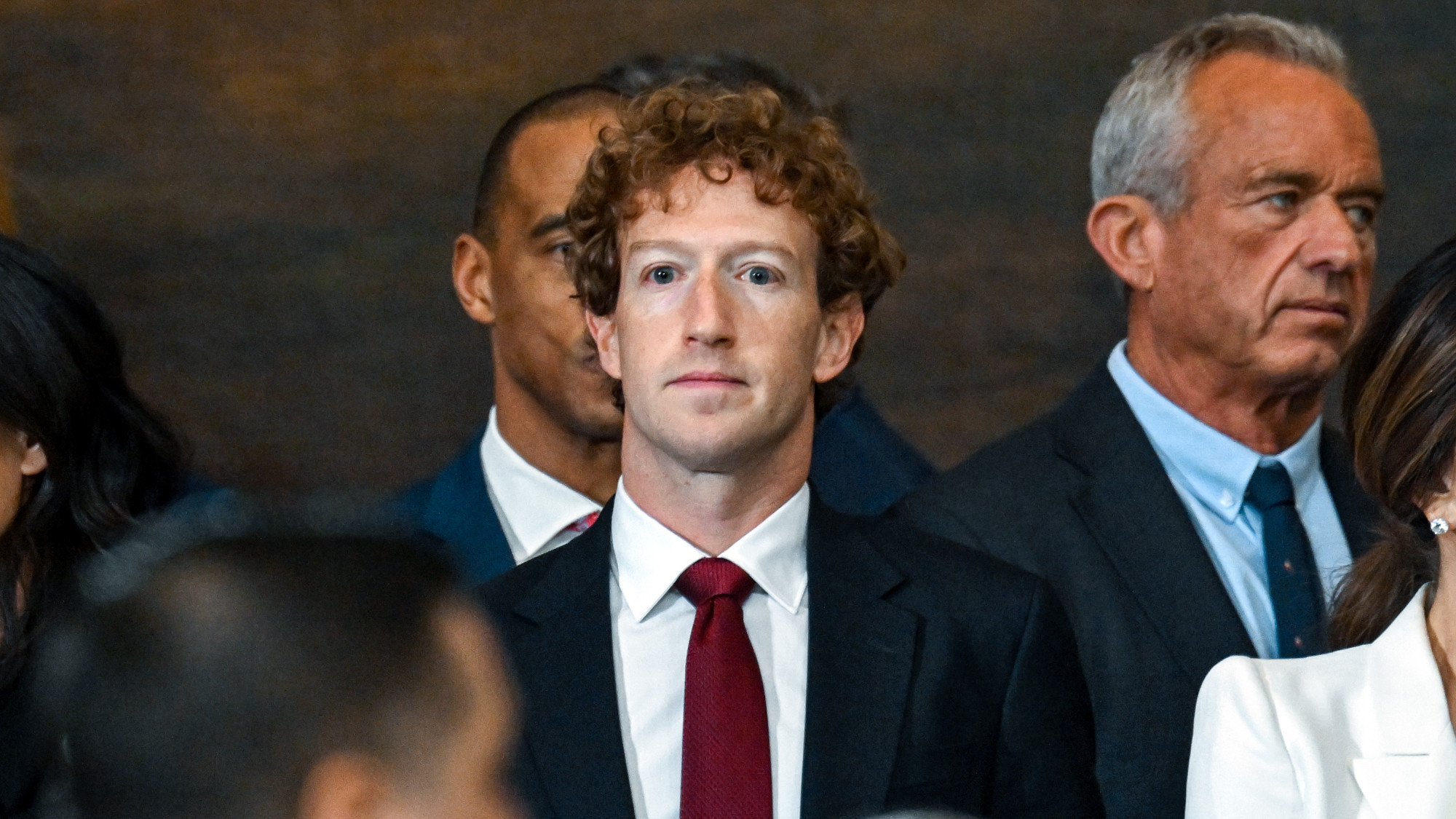 Big tech's big pivot
Big tech's big pivotOpinion How Silicon Valley's corporate titans learned to love Trump
-
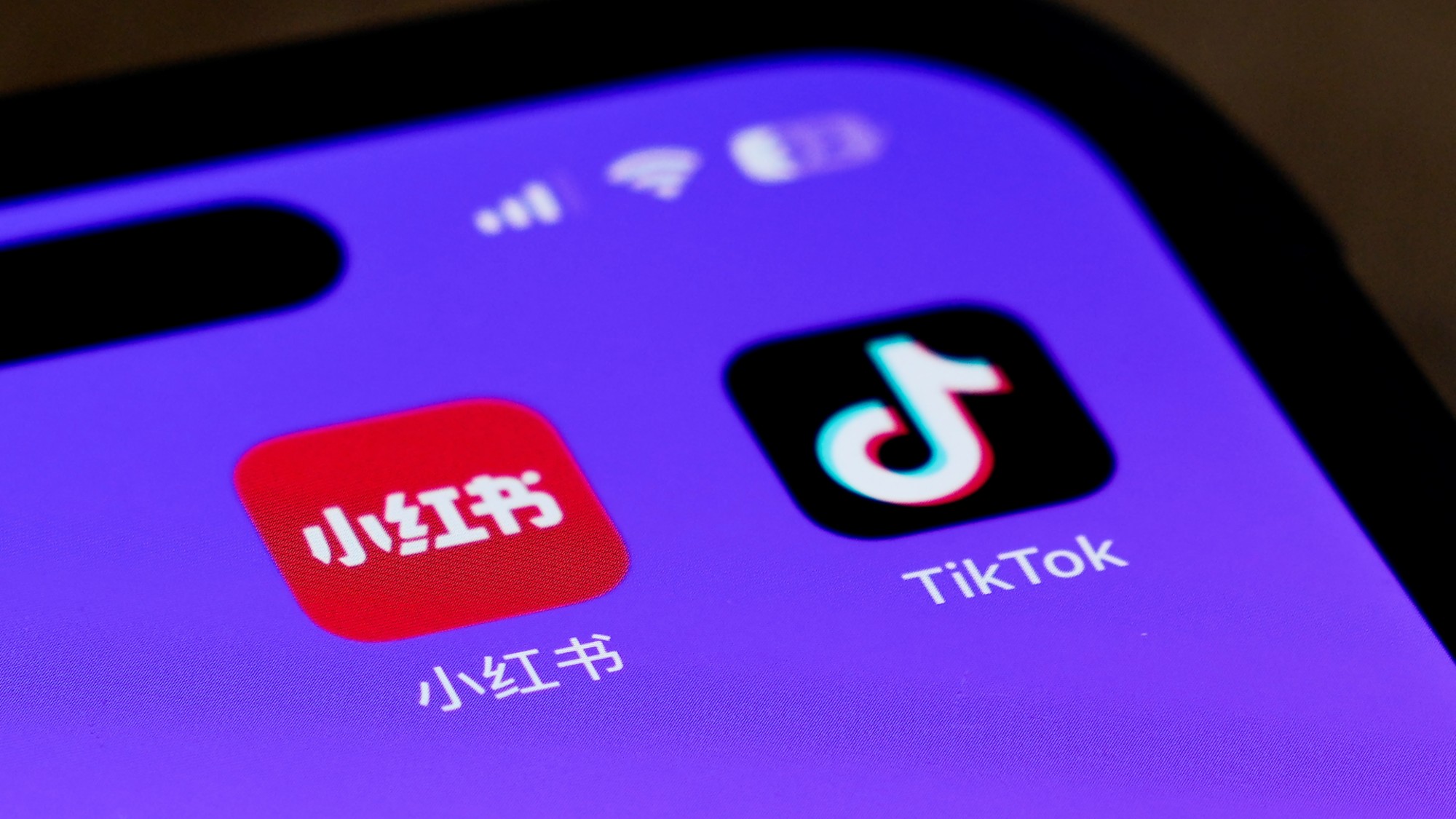 TikTok alternatives surge in popularity as app ban looms
TikTok alternatives surge in popularity as app ban loomsThe Explainer TikTok might be prohibited from app stores in the United States